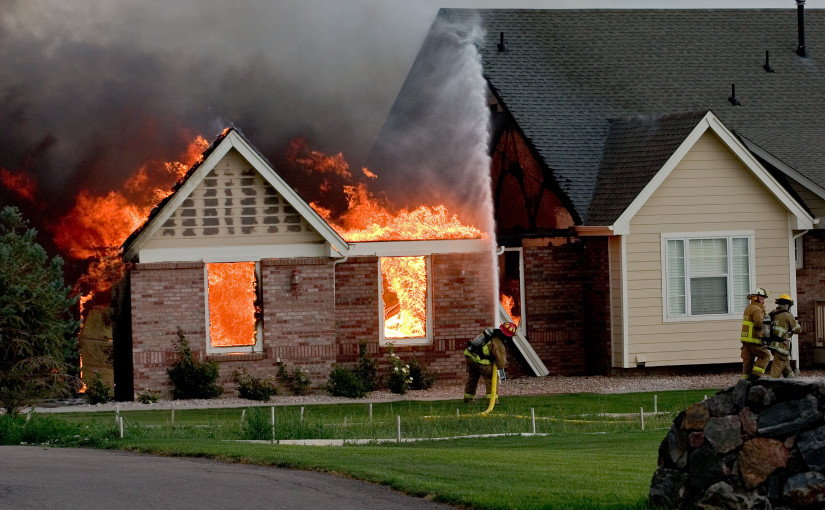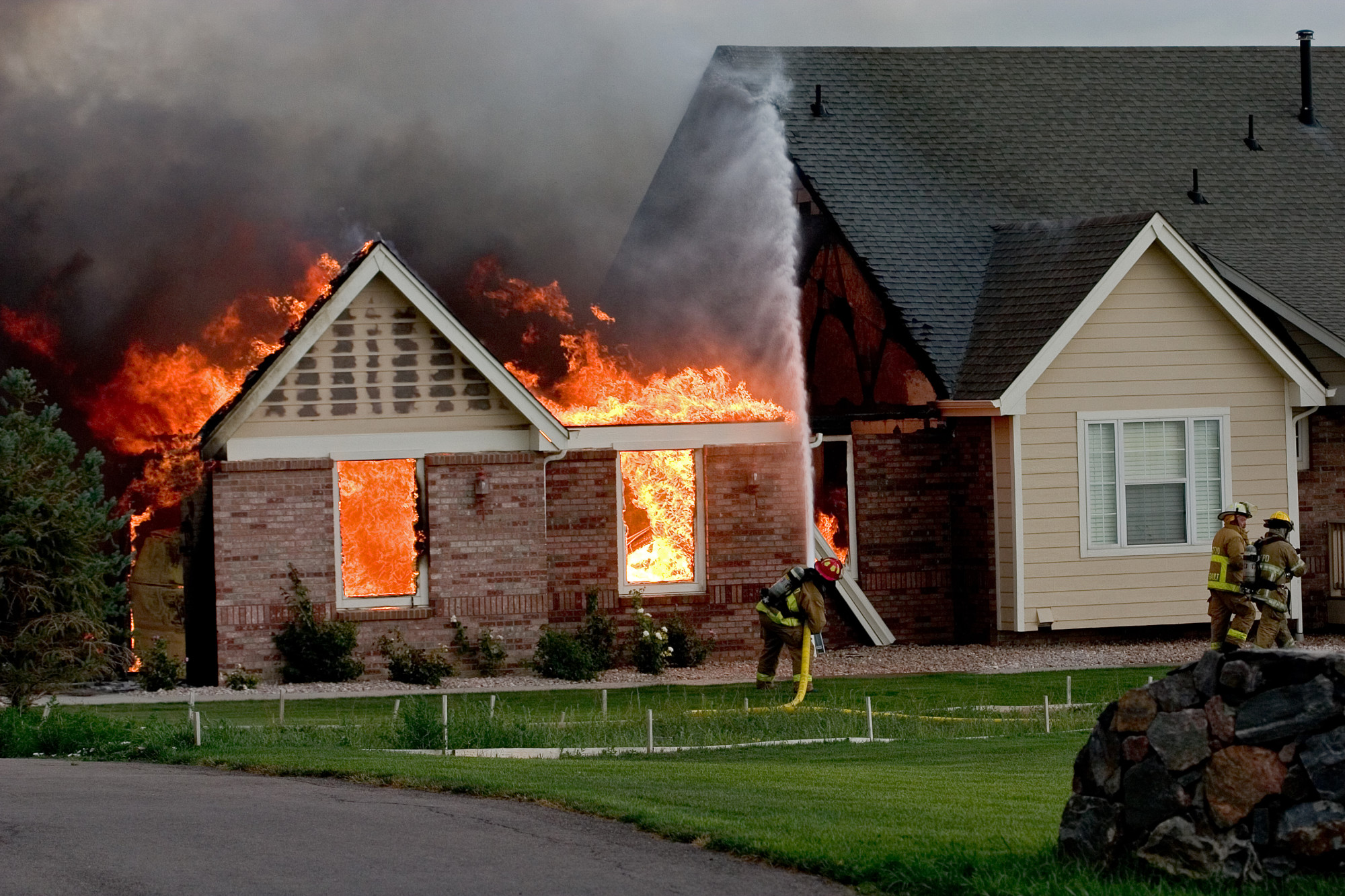
Last year, the BBB or Better Business Bureau registered 24,900 complaints from American homeowners regarding contractors, repair specialists, painters, plumbers and roofing contractors. An additional 12,500 complaints regarding pest control businesses, landscape professionals, air conditioning contractors, pool service companies and appliance repair companies were registered with the BBA. Complaints ranged from contact issues to poor workmanship to unfinished work and inferior repairs.
This is why it is very important that you spend your time and energy to check the credentials of a service professional and insist on a written contract. Below are five tips that will help you avoid these problems.
1. Do your due diligence
Before you hire any service provider, ask them to show you proof of license and insurance as well as bonding capacity. Ensure that this information is correct. Make sure that the prospective company has been licensed to do the kind of work you require and that the company also meets your town, city and state’s bonding requirements. Also ask for references and then call them. Look online for customer reviews, reports of violations linked to the company and news articles that might touch on the company.
2. Be wary of substantially low bids
While you may want to save money on home repairs, you need to be very wary of companies that offer substantially lower rates than the competition. There surely is an explanation for the low pricing. It could be that the low rates don’t count for same materials, features and installation. The low bid might also indicate an inferior level of service. But this does not mean that an exceedingly high bid equals higher levels of service. You could simply be dealing with a contractor that is too busy and who does not want any work. If you come across a company offering significantly higher or lower bids compared to the market rates, ask them what the catch is.
3. Communication is very important
Your home is perhaps the single most important investment you own, and you are choosing to trust a service expert with them. For this reason, it is very important to contract a professional that you are comfortable with. It is important that the company responds to your questions not only timely but also effectively. If the company dilly-dallies when you are still attempting to land your business, what will happen when you are in the middle of a remodel job?
Your contractor also needs to ask you pertinent questions so as to know what you want from him. After verbally agreeing with the contractor on what is to be done, request for a contract and then read it. Ensure that the contract has the start date as well as expected completion date.
4. Do not pay the entire fee upfront
If your landscaper, installer, or repair contractor wants you to pay them in full upfront, be very afraid. There are however times when a contractor may want you to pay them a down payment that covers materials. However, you should not pay the bulk of money until the work is about to be completed and you are happy with the results.
5. Avoid door-knockers
While not every contractor, roofer or a landscaper that comes to your door searching for work is a conman, there are high chances that they are scam artists. Be especially wary of drop-by contractors who offer to inspect your roof for free. This could be a sign of a scam artist. But if you trust your instincts of a particular door-knocking service provider, ask them to give you a business card and check the company outline or even with BBB.
Finally:
Note that an attractive business card and a well-designed website are not proof that your contractor will do quality work. Irrespective of the nature of the job that you want done, it is important that you take your time to land the professional that suits your needs, budget and timeline. Do proper research, don’t pay the entire fee upfront, avoid door-knockers and be especially wary of contractors who offer substantially low bids. There is always a catch.






